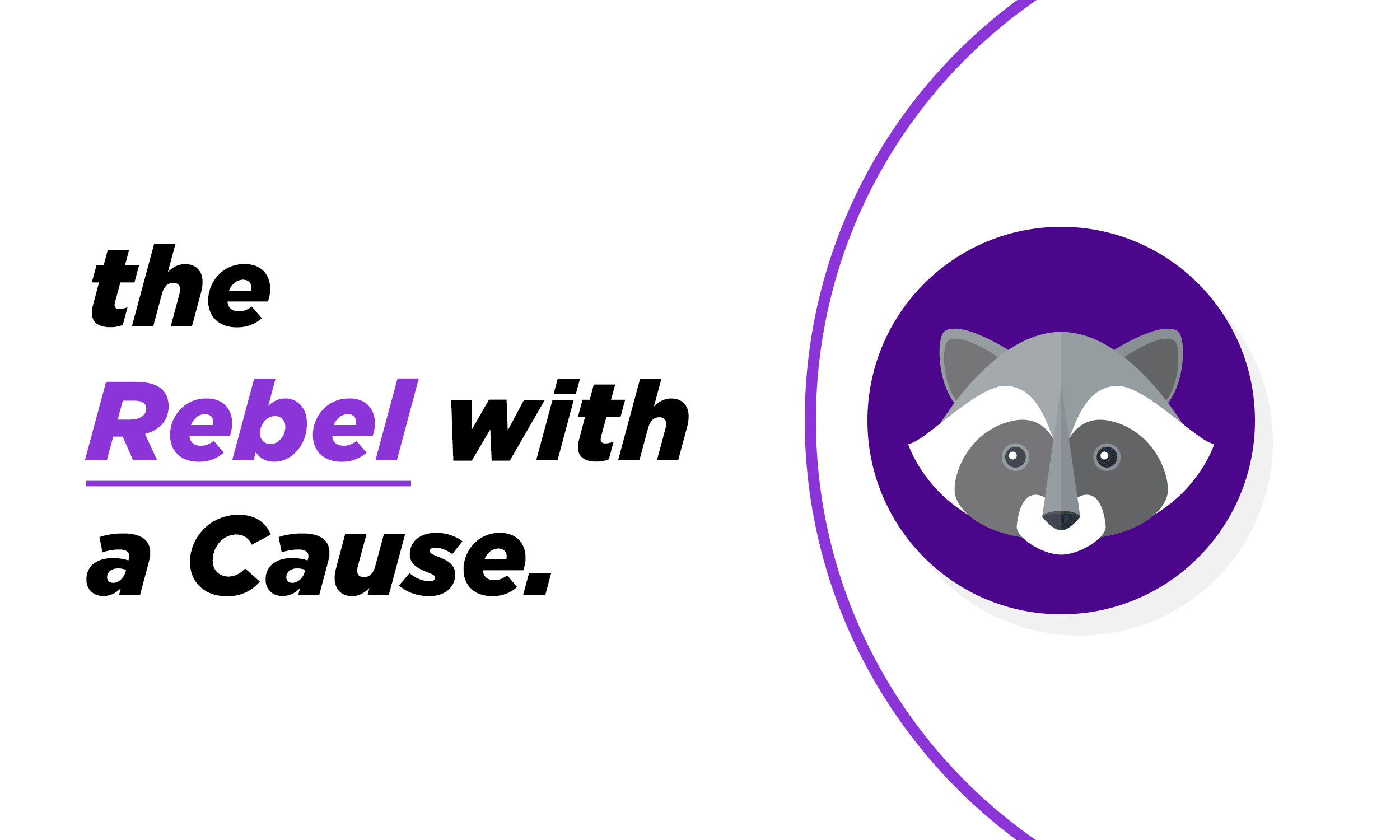So, what kind of connector are you?

Let us take you through the steps that led to the creation of our new connector quiz.
Being regularly experimental is like exercise. It keeps your adaptability in check and ensures maximum flexibility. The AKOU team have been regularly stretching our experimental muscles throughout these turbulent times in our Lockdown Lab. Playing with ideas and theories has led us to some beautiful conclusions.
On the other side of the pandemic, we will need to work together to heal the long term effects of physical distancing. Much of our society has undergone unprecedented restructures. We are now being called upon to put our agility and adaptability to the test. Our future is going to demand collaboration and connectedness like never before. So we thought it was the right time to put 6 years worth of relationship research to good use.
Reflecting on relationships and how we bond
In the midst of uncertainty and the unknown, we have found that chaos creates a great time to be experimental. And the chaos of COVID-19 led us to explore connector personas in greater detail then ever before. We have all felt the effects of ‘social distancing’ in one way or another, so we wanted to offer people some supporting materials to help them understand their own unique approach to relationship building. The first social we have designed is a quiz to work out what type of ‘connector’ someone is. After answering a series of questions, participants discover their key connector types. The answers can help them to understand how they build their connection to others. In addition, help them identify common struggles and traits.
Our connector types are based on a number of AKOU created Connector Archetypes.

We have first tested our quiz and research in our Lockdown Lab. Now, over 100 people from diverse organisations and teams have taken the test – from arts and community organisations to strategy consultancy firms and SMEs, micro-enterprises and start-ups. The results have been fascinating, especially for the teams who feel they are understanding how to improve their approach to their customers and service users.
So far we’ve found that discussing results in groups allows different team members to see how each person approaches connectivity in their own way and how that affects the group as a whole. Moreover, it encourages a fresh perspective on how they responded to different people in their life. This process provides opportunities for people to reflect on the challenges related to relationship management. In other words supporting them to be better connectors together.
Sharing the appreciation and the struggles
Much of our discussions have centred around the types communication that happens between people. We realised that often we don’t express why we value each other. We don’t regularly show our appreciation or share our challenges with others.
Throughout this research, we have discovered it is difficult to share the different experiences we have when it comes to managing relationships. You might work in a team and have colleagues that take the lead of organising get-togethers. Or you might rely on your partner to message mutual friends because they are better at it. Sometimes, you can get away with managing your relationships like this. But we all need to be willing to adapt our approach depending on the circumstances. Ultimately, how you choose to approach, instigate, maintain and sustain relationships is totally down to you. You’re a connector in your own right. We have seen however that opening this discussion out can help a team to re-energise their approach to relationship management.

Distributing the load
Our research shows that discussing relationship management within teams creates a deeper understanding of the mechanics of connecting as a group, both internally and externally. It’s then no longer down to each individual to juggle their relationship management alone. Making the best use of social capital and support of wider networks could make a difference between whether or not a business survives the storm. Or how effectively teams can manage doing more with less, whilst only interacting on screens from their homes.
Therefore, it’s important to know and recognise each others’ strengths and weaknesses in generating and maintaining connectivity. Small businesses and startups will have to be more resourceful than ever. It will be on each of us to regularly check in and support each other when it comes to community and relationship management. We need to help each other to deal with the new approaches we are facing when it comes to connectivity.
In the end, social impact comes down to relationship management
AKOU works on lots of different projects, for a range of organisations and businesses. (That’s the joy and privilege of being an adaptable consultancy firm that offers a range of skills and digital solutions – shameful plug). However, more often than not we are asked to help teams to tell their story about social impact. We do this in a variety of ways. One thing that proves a common denominator in each and every project is how relationship management influences the level of social impact that a team’s work generates.
Relationship management is the bedrock of everything we do. And it can massively influence the impact and reach of our work. It can also make huge differences in how we make each other feel. Our research has proved that – no matter what kind of connector you are – you have something special and valuable to bring to each situation. So far, being on this research journey with different people has revealed how a selection of personalities can share responsibilities when it comes to building strong networks of support and exchange.
